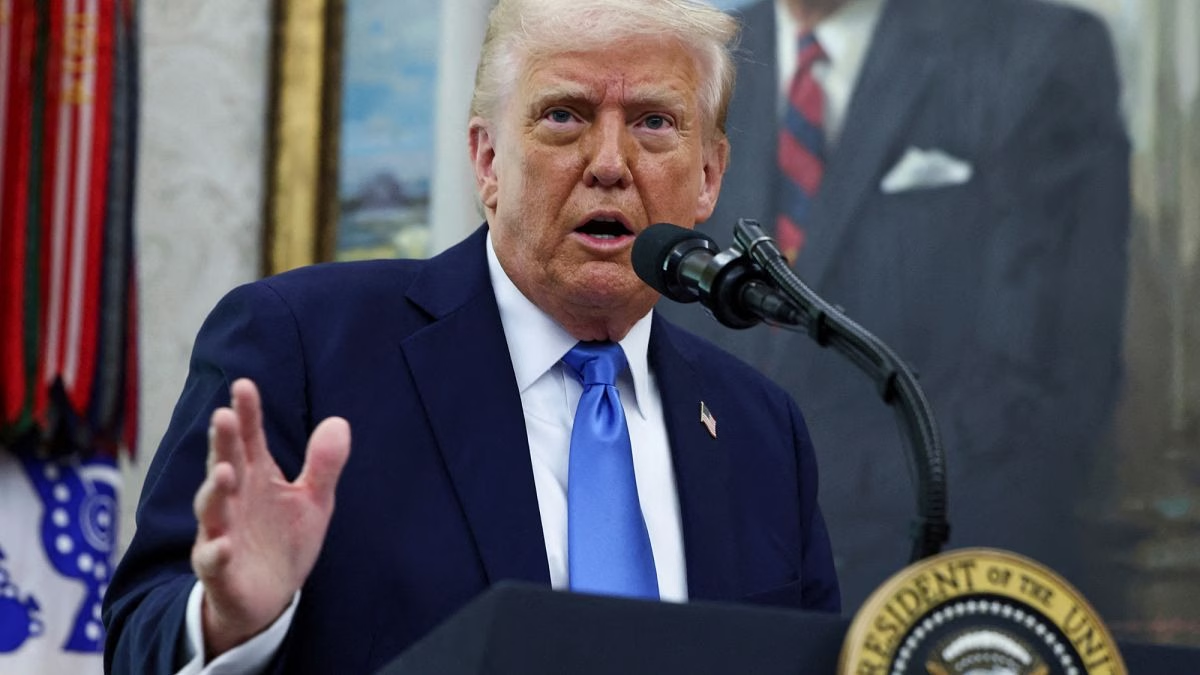This week, global markets are expected to be unnerved by Trump’s impending auto and reciprocal tariffs, with recession fears growing. Key economic data releases will be under the spotlight, including eurozone inflation figures, US employment data, and the Reserve Bank of Australia’s interest rate decisions.
<
div style=”–widget_related_list_trans: ‘Related’;”>
Risk aversion dominated the global markets last week as US President Donald Trump confirmed plans to proceed with auto and reciprocal tariffs on Wednesday this week. Concerns escalated amid hotter-than-expected US PCE data, which raised fears of stagflation and potential economic repercussions worldwide.
Investors will closely watch this week’s US employment data, as any indications of a faltering job market could further dampen equities. Market participants will also analyze the impact of Trump’s tariffs and any potential retaliatory measures from major economic partners. Additionally, the eurozone’s flash inflation data and the Reserve Bank of Australia’s interest rate decision will be major focuses for investors.
Europe
In mid-March, the European Commission announced plans to impose tariffs on €26 billion worth of American goods starting in April. These measures include reinstating countermeasures against €8 billion worth of US exports, set to take effect on Tuesday. European equity markets took a sharp hit last week, following Trump’s tariff announcement, with the automotive, healthcare, and industrial sectors experiencing significant declines. Further declines may follow if market sentiment continues to worsen.
Germany is scheduled to release its preliminary CPI for March on Monday. Inflation remained steady at 2.3% in February, unchanged from the previous month, with a forecasted rise of 0.3% in March.
The eurozone’s flash inflation report, due on Wednesday, will also be in focus. Recent CPI data from France and Spain suggests a further easing of inflationary pressures. Headline inflation in the eurozone slowed to 2.3% year-on-year in February, down from 2.5% in January, while core inflation fell to 2.6%. Consensus forecasts predict a decline in headline inflation to 2.2%, with core inflation projected at 2.5%.
Source: https://www.euronews.com/business/2025/03/31/week-ahead-global-sentiment-sours-as-trumps-auto-and-reciprocal-tariffs-loom





